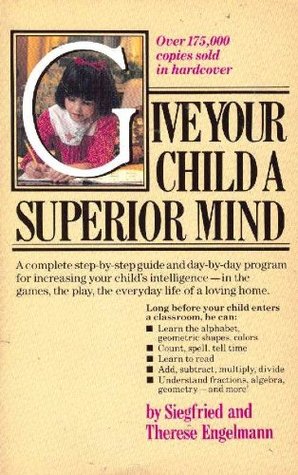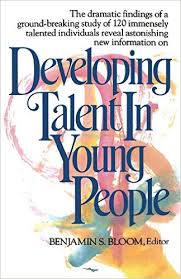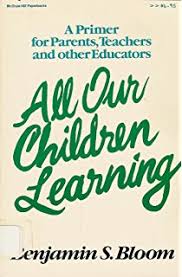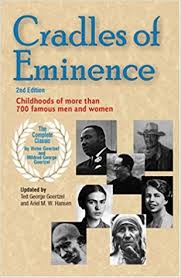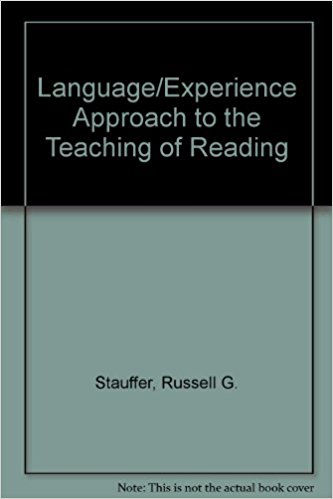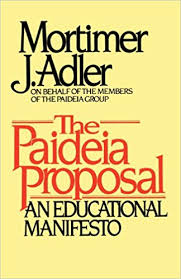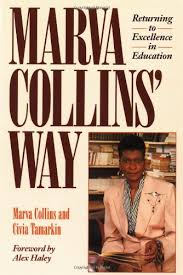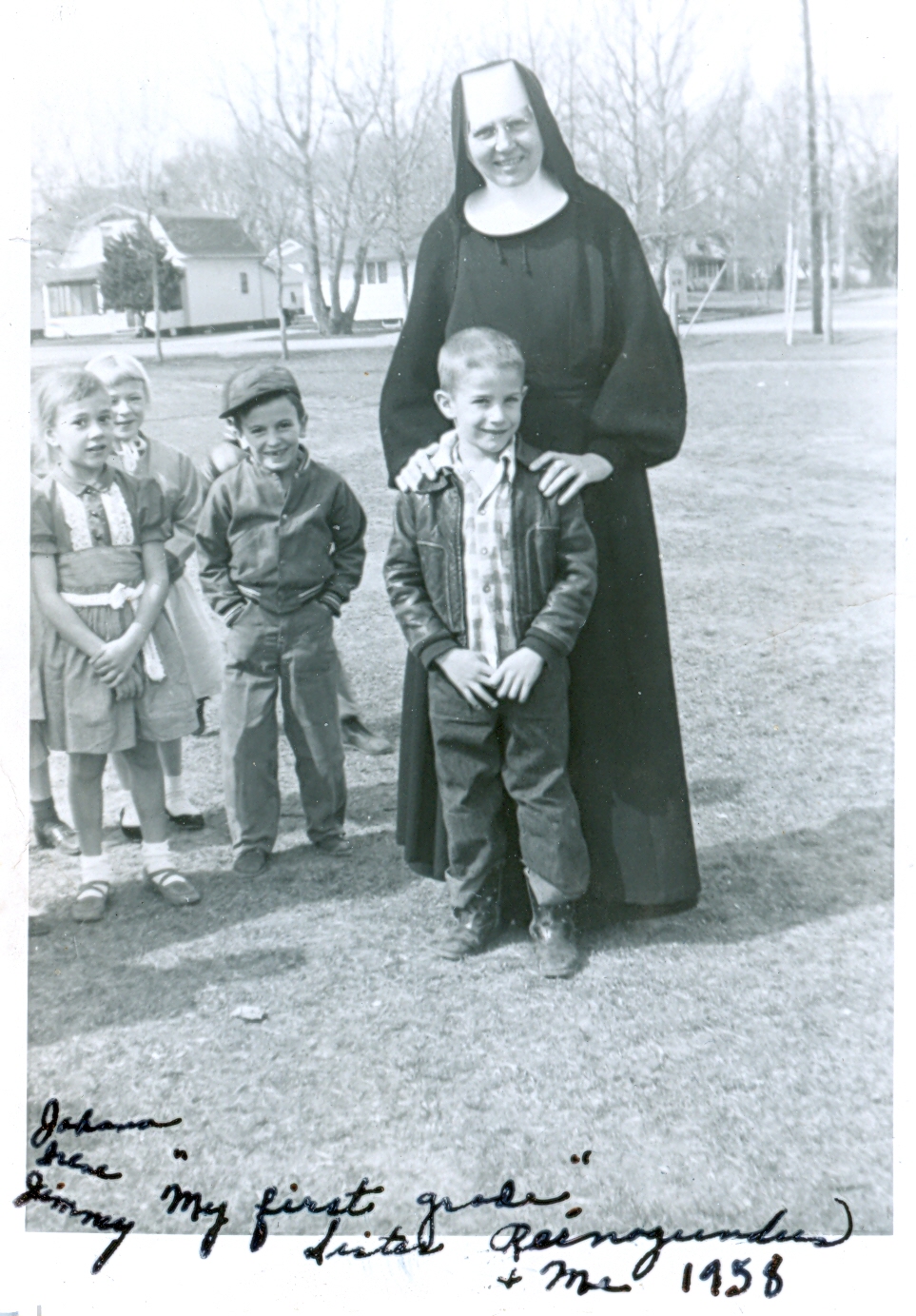|
home | what's new | other sites | contact | about |
|||||||
|
Word Gems exploring self-realization, sacred personhood, and full humanity
Editor's 1-Minute Essay: Teach Your Baby To Read
I have made mistakes in my life, some of which I would be most embarrassed to reveal here; however, teaching my children to read when they were babies was not one of my failings.
one of the best things you could ever do for your child Why should you teach your baby to read - along with math and piano? It's more than offering information to little ones. That doesn't hurt, but that's not the real benefit. The benefit is that of offering the child an expanded mental capacity, a life-long boost and advantage in everything. This subject is far too large to address here. It constitutes one of the major areas of research of my life. I cannot do the subject justice on this short page, and yet, if you are an enlightened person wanting the best for your kids and grandkids, you'll want to consider what I say here very carefully.
For me, it all started with this book. It makes me laugh to think about it. I was just 15, a naive and very green farm-boy growing up in the backwoods of North Dakota. Yet, for some reason, though I was hardly out of the playpen myself, and though my own mind was still in desperate need of developing, I was interested in the subject of giving babies a superior intelligence. At age 15. Go figure.
Editor's note: My academic performance in high school was lackluster, at best. Too independent and undisciplined in those days, I wouldn't study assigned topics. I was far too busy reading my Marvel Comics but also books that appealed to me. I recall one telling incident in sophomore biology class. It seems that, for a moment, I grew tired of drawing my customary test-grade of C-, or worse, and decided that I would prove to myself that I could do it, if I wanted to. I actually studied for the next exam and earned an A; but then, well satisfied with myself, I promptly went back to sleep. Finally, at age 20, as I roused from deepest slumber -- a time in my young life, as I've stated elsewhere, of shocking unawareness, the fallout from which insentience I have not yet recovered -- something changed in my head, and I would then, as a life-long pursuit, spend as much time as possible in study and research.
I still recall my 15 year-old self ordering Engelmann's book by mail. I thrilled to the research suggesting that many of the world's accomplished people had been, not just privately tutored but, offered academic instruction from a very early age, typically age 3, and even before. Later, during my teacher-training coursework, I made a specialty of searching out the best ways of teaching reading. Some of the great books in this regard, still in my possession (along with my original copy of Engelmann's work) were these:
These books became so very valuable to me - don't get me started on talking about them - they're just chock-a-block with blazing insights and ultra-wise practical methods on drawing out latent ability from little children.
the most important point I would have you know about this subject It's not as hard as you think. It's surprisingly easy. When I began teaching my babies to read at age 18 months, I assumed I'd have to go over every little detail about reading method. It didn't turn out that way. To my surprise, all I needed to do was, sort of, prime the pump. I started them off with basic instruction (guided by the books listed above), but then, very quickly, the kids just ran with it, rather, they ran away with it. They taught themselves! They zoomed past my structured little lessons and just breathed it in. Yes, I know, this seems unlikely, but that's what happened.
Editor's note: I'll never forget the day I took Joey, age 5, to the office with me on a Sunday afternoon, to catch up on work. I was a stockbroker at the time. Joey was playing with his little toys on the carpet while I worked at the computer. My sales assistant happened to come by the office, too. As I worked, Joey decided to climb up onto my lap, and then, to the utter shock of my co-worker, he began to read, out loud, the technical financial information on the computer screen! She couldn't get over this - a baby reading technical writing! He was probably reading at an eighth-grade level at age 5.
My children have always been advanced, possessing an intellectual depth not often seen in the average student. I rank them as among the most competent people I know in the world. This did not happen by accident. And they themselves realize this and understand how it happened.
Editor's note: Given the gravitas of this subject, over the years, sometimes even to complete strangers, I would offer the service of teaching parents how to teach their babies to read. To my dismay, no one has ever really wanted to know about this. In many cases, I would sense the negative energy, and the fear, which tells me what was really happening. Many parents are actually afraid of this subject; afraid of the power that might be unleashed; afraid that their children might become better than they, more advanced, and grow beyond them. This is a sad commentary on the dysfunctional ego, a spirit of cultism in our own homes.
Editor's note: Of course, this entire subject impinges upon the larger area of what constitutes a proper education for children. It's a political subject, and I harbor no hope of salvation for us here anytime soon as there're too many vested interests, too many social problems, and far too many votes to be purchased. Let me tell you a story of the politics of education. A number of years ago, attempting to secure a full-time middle-school teaching position on an Indian reservation - I won't say which one - I served as a substitute teacher on most days. The principal liked me, and soon he said, "Wayne, there's a full-time spot coming open, and I want you to have it. All you have to do is go meet with the school-board, but don't worry, no one is even applying now, and I want to hire you, so you're a shoe-in." Ok then, so I went to the meeting. All seemed well at first, and I assumed that this summoning before the powers-that-be was merely a formality. Then they asked me a question about my views on the teaching of reading. This gave me pause. The system that the reservation school-system was using, in my opinion, was absolute rubbish; but I'd heard a lot money was involved with this, and I sensed they did not want to hear anything untoward regarding their pet project. I was too wise to offer any direct criticism, which I deemed to be an unnecessary frontal attack; instead, I simply began to speak of my years of research on this subject concerning what really worked, that which had produced stellar results, even in the disadvantaged "ghetto" neighborhoods. But even this was too much for them. Suddenly, I perceived a distinct chill in the air. With echoes of my long-ago minister-trainee interview, they cut the meeting short. I was asked to leave the room. Unceremoniously, I sat alone in the lobby. Soon a staff secretary emerged to inform me that not only would I not be given the full-time job but my substitute-teaching services would no longer be required either -- in any of the grades from K-12, in any of the reservation schools. In a quick moment, I found myself "black listed," banned. It became clear that I was viewed as a threat to their practices -- corruption and fraud by petty little totalitarian bureaucrats. Let me just add that the reservation was situated many miles from any city of size, meaning, substitute teachers were very hard to come by, a real shortage, out in the sticks. But that meant nothing to the vested interests who were intent upon preserving poor teaching methods but supported with large amounts of Federal money, much of which, no doubt, ended up in their pockets. These people, in cult-like fashion, were merchandizing their own disadvantaged people. I will also add that I'd never encountered so much illiteracy, even among adults, as I did on the reservation. I actually was approached by two adults asking me if I would teach them to read.
Editor's note: But my advice for you is to take matters into your own hands regarding your own kids. Mine spent most of their younger years being "home schooled." I use the term loosely. Other than math instruction, which was formalized, the kids pretty much read what they wanted to read in a loosely structured environment - but even regarding math, I didn't do so very much (except right at the start when they were babies), and simply required the kids to virtually "teach themselves" by going through their lessons systematically. Most of their time was simply spent reading books. Yes, we did have things like piano lessons, art lessons, and we did a few activities like drawing maps of the countries of the world, and some basic science projects, but, in the main, they were on their own. They were in good hands on their own as they knew how to read anything! Once a child knows how to read, just set them on auto-pilot, because they're all done. Reading allows them to teach themselves. But about this issue of "proper education," think of the great success we could have for all of our children, for very little money! I spent very little on the kids' education in those days. Just give them books and a piano, but especially the books.
See my mother's handwriting on this photo... also, I owe so much to the fine lady standing behind me; a very kind person and an excellent teacher. She taught me to read when I was six. Amazingly, I can see her at the board, I still hear her speaking of technical terms of phonics, such as "murmur diphthong"! It's incredible to me that I should still remember this 60 years later - a measure of my rabid interest then of deciphering the runic world of printed squiggles on a page. If it were not for her, and her sedulous efforts, I would not be burdening you today with my writings. (smile)
|
|||||||
|
|
